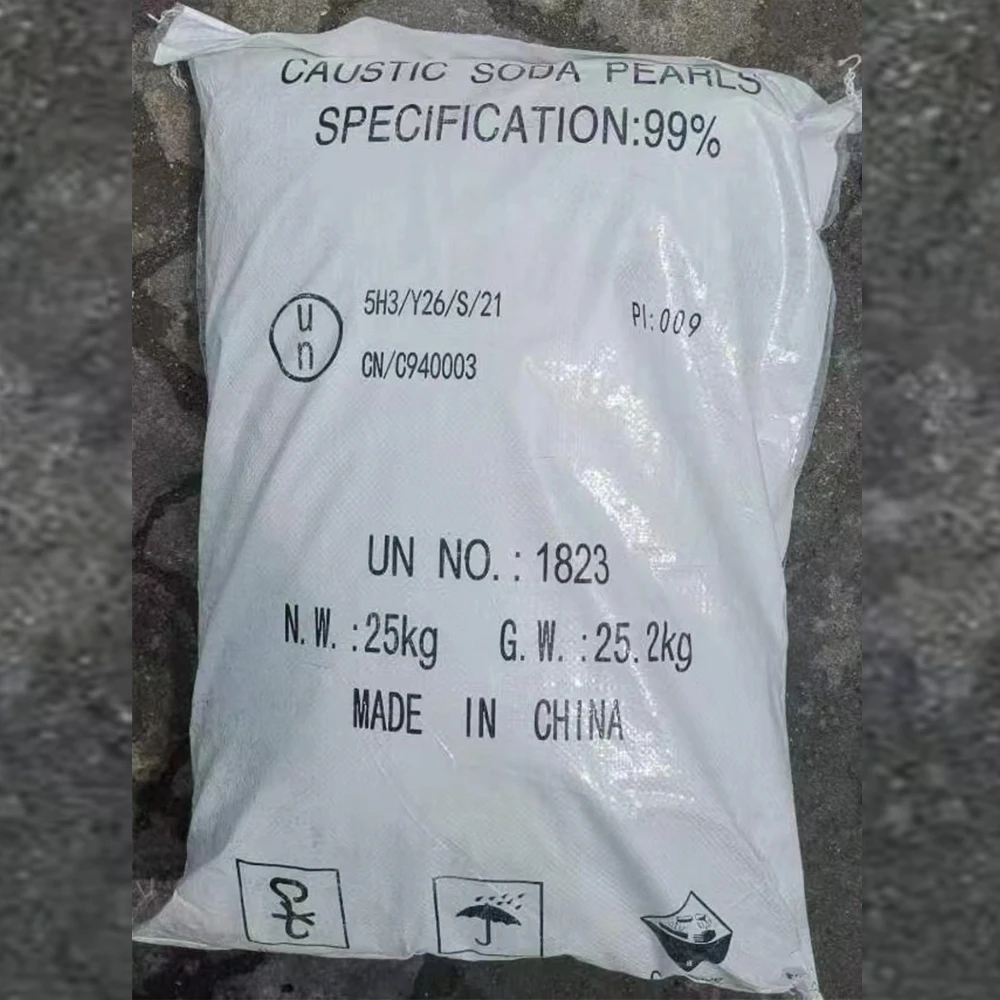



disinfection of swimming pool water
Disinfection of Swimming Pool Water Ensuring Safety and Hygiene
Swimming pools are an essential part of recreational and fitness activities. However, maintaining a clean and safe swimming environment is crucial for the health of swimmers. One of the primary methods for achieving this is through the effective disinfection of pool water. This article delves into the importance of pool water disinfection, the methods used, and best practices for maintaining healthy swimming conditions.
Importance of Disinfection
Disinfection of swimming pool water is vital for preventing the spread of waterborne diseases. Pools can be breeding grounds for bacteria, viruses, and other pathogens, especially when they are heavily used. Contaminants can enter the water through various sources such as skin, hair, sweat, and even urine. Without proper disinfection, swimmers are at risk of infections, skin irritations, and other health issues. Moreover, maintaining clean pool water enhances the overall swimming experience and prolongs the lifespan of the pool infrastructure.
Common Disinfection Methods
1. Chlorination The most widely used method for disinfecting pool water is chlorination. Chlorine, a powerful disinfectant, is added to the water, where it reacts with contaminants to kill bacteria and viruses. There are different forms of chlorine, including liquid chlorine, chlorine tablets, and granular chlorine. Regular monitoring of chlorine levels is essential, as the ideal range is typically between 1 and 3 parts per million (ppm).
2. Bromination Bromine is another effective disinfectant and is often preferred for indoor pools due to its stability in warmer water and lower odor compared to chlorine. Similar to chlorine, bromine kills bacteria, but it is generally more effective in higher temperatures and maintains its disinfecting properties longer.
3. UV Treatment Ultraviolet (UV) disinfection systems use UV light to kill microorganisms in the water. This method is chemical-free and can significantly reduce the need for chlorine. However, UV treatment should be used in conjunction with other disinfection methods, as it may not eliminate all types of contaminants.
4. Ozone Treatment Ozone is a powerful oxidizing agent that can disinfect pool water effectively. Ozone generators produce ozone gas, which is then bubbled through the pool water. Like UV treatment, ozone disinfection is typically used alongside chlorine or bromine for optimal results.
5. Mineral Purification This is a newer method that involves the use of minerals such as silver and copper to help disinfect pool water. These minerals can reduce the number of bacteria present and complement traditional disinfection methods.
disinfection of swimming pool water

Best Practices for Pool Water Disinfection
To ensure the effectiveness of disinfection practices, pool owners and operators should adhere to several best practices
- Regular Testing Routine testing of water chemistry is essential. Test the pH, chlorine, and alkalinity levels frequently to ensure they are within the recommended ranges. A balanced pH (7.2 to 7.8) enhances the effectiveness of chlorine and reduces skin irritation.
- Proper Filtration Maintaining an efficient filtration system is crucial for removing debris and contaminants from the water. Filters should be cleaned regularly, and the pump should run long enough to circulate the water adequately.
- Water Circulation Ensure that water is circulating properly throughout the pool. Stagnant water can breed bacteria and reduce the effectiveness of disinfectants.
- Regular Shocking Shocking the pool by adding a higher dose of chlorine periodically helps eliminate chloramines (compounds formed when chlorine mixes with organic matter), restoring the water’s clarity and disinfection capability.
- Educating Swimmers Encouraging swimmers to shower before entering the pool, not to spit or urinate in the water, and to avoid swimming when ill are simple ways to help maintain water quality.
Conclusion
Disinfecting swimming pool water is imperative for ensuring a safe and enjoyable environment for swimmers. By understanding the various disinfection methods available and adhering to best practices, pool owners can significantly reduce the risk of waterborne illnesses and provide a clean oasis for relaxation and exercise. Maintaining the quality of pool water is not just a responsibility; it is essential for the health and well-being of all who dive in.
-
Why Sodium Persulfate Is Everywhere NowNewsJul.07,2025
-
Why Polyacrylamide Is in High DemandNewsJul.07,2025
-
Understanding Paint Chemicals and Their ApplicationsNewsJul.07,2025
-
Smart Use Of Mining ChemicalsNewsJul.07,2025
-
Practical Uses of Potassium MonopersulfateNewsJul.07,2025
-
Agrochemicals In Real FarmingNewsJul.07,2025
-
Sodium Chlorite Hot UsesNewsJul.01,2025










